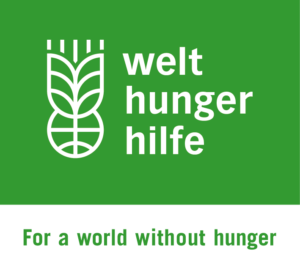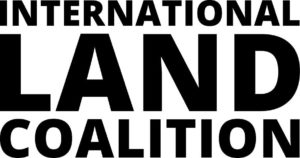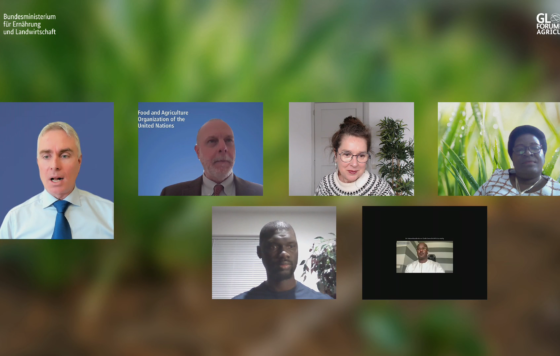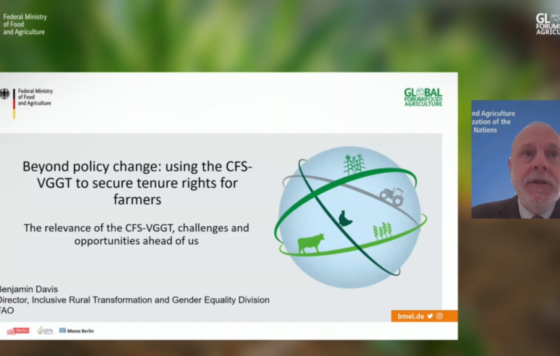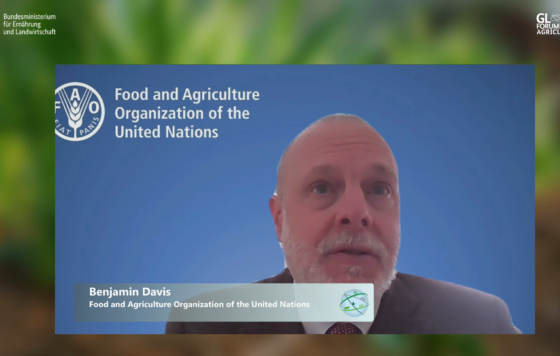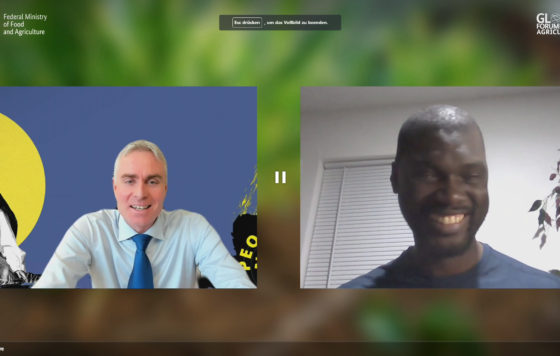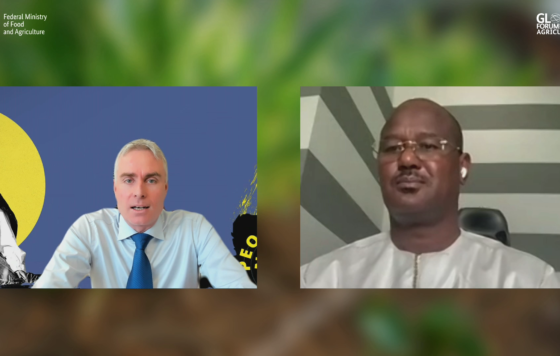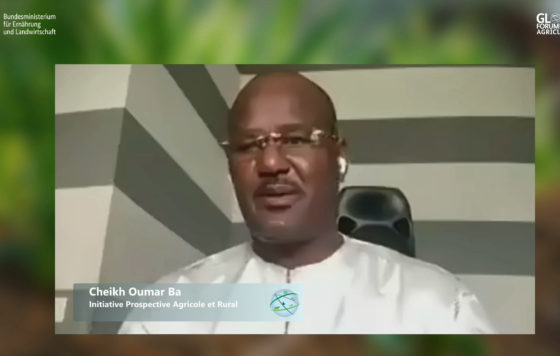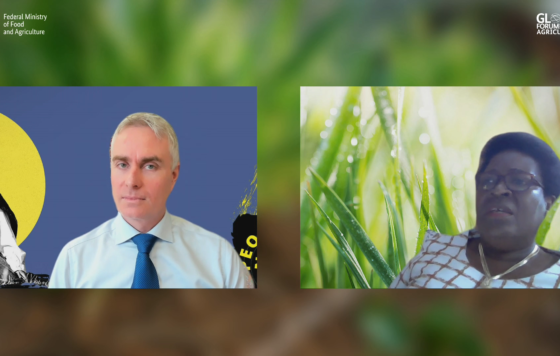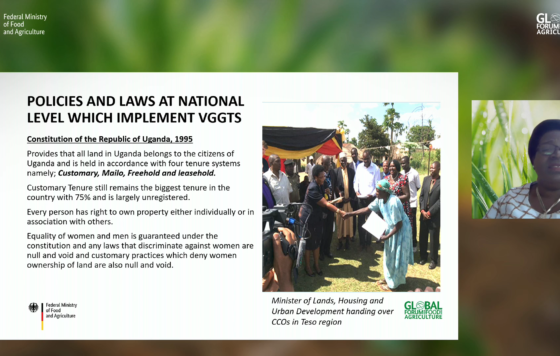Beyond policy change: using the VGGT to secure tenure rights for farmers
FAO
ILC
GIZ
Welthungerhilfe
Land for Life
Time: Thursday, 27. January 2022, 11:00 a.m. – 12:00 p.m. (CET), subsequent deep dive 12:00 p.m. – 12:30 p.m.
Languages: English, German, French
Summary:
Inequality is increasing in almost all regions in the world. This also applies to access to land. The concentration of agricultural land threatens the livelihoods of billions of people worldwide. Ten years after the adoption of the VGGT experts agree that the political and legal frameworks governing access and ownership of land have improved in many countries. In practice, however, the impact of the Guidelines is still barely visible. Farmers’ land rights continue to be massively curtailed and long-time land users are often expropriated without (adequate) consultation and compensation; women in particular usually have no possibility to defend their right to land. This is where the work of CSOs and constituency-based organisations in the Global South comes in. Though the Guidelines constitute “soft law”, i.e. although they are not legally binding, they can be used to achieve concrete changes. Through broad-based awareness-raising campaigns, local communities are encouraged to demand their legitimate rights vis-à-vis governments and investors; in dialogue spaces, the Guidelines are used to resolve land conflicts; core elements of the Guidelines are integrated into contracts with agricultural investors (“giving them teeth”); and in multi-actor platforms, the Guidelines are used to promote transparency and accountability in the land sector. These experiences need to be scaled. We are urged to act: promoting collective action, boosting investment and reaffirming political will.
- Sierra Leone Success story: https://www.fao.org/3/CA2687EN/ca2687en.pdf
- Senegal success story: https://www.fao.org/3/cb6024en/cb6024en.pdf
- Senegal river basin success story: https://www.fao.org/3/ca9813en/CA9813EN.pdf
- MSP brochure in English: https://www.fao.org/3/cb4297en/cb4297en.pdf
- MSP brochure in French: https://www.fao.org/3/cb4297fr/cb4297fr.pdf
- MSP brochure short version (4 pages): https://www.fao.org/3/ca9800en/CA9800EN.pdf
- Senegal video long version: https://www.youtube.com/watch?v=o639dQKy0yU&t=10s
Recording
Moderator
He became Director of the Secretariat in 2015. His passion for land rights grew out of his upbringing in a small village in Botswana, building a firm conviction that land rights are fundamental to building a more just and inclusive world. The best thing about this job, he says, is the opportunity to work with so many inspiring organisations, communities and individuals across the globe who are leading a bottom-up revolution for change! He holds a PhD in Social Anthropology and a BSc in Environmental Science.
Panel Guests
Benjamin has extensive experience in social protection, social policies and agricultural economics. He previously served as Strategic Program Leader, Rural Poverty Reduction and Deputy Director of the Agricultural Development Economics Division at FAO and he was team leader of the From Production to Protection (PtoP) project. He has also worked as Social Policy Advisor for the UNICEF Regional Office in Eastern and Southern Africa and as a Research and Post-Doctoral Fellow at IFPRI. He holds a PhD in Agricultural Economics and a Master’s in Public Policy from UC Berkeley.
He is currently the Executive Director of IPAR and President of the UEMOA Think Tank network, which includes some thirty research centers and laboratories in Africa. He has significant experience in policy communication and the valorization of messages and lessons learned from scientific studies, particularly those based on rigorous methods of collection and analysis of primary or secondary, qualitative or quantitative data.
With IPAR, he has been able to establish partnerships with several public structures and development partners working in the field of youth employment, migration, agricultural development, climate change, land tenure, agricultural policies, migration and gender and has published several scientific articles.
She also heads the National Land Policy Implementation Secretariat in the Ministry. The Secretariat is mandated to coordinate all the policy reforms under the National Land Policy. She has more than 17 years of experience in the field of land law, land administration and registration, policy development and women’s land rights. Ms. Kabanda holds a master’s degree in law from Georgetown University USA which she obtained in 2001. She is Alumni of the Women’s Law and Public Policy Program in Georgetown University, USA, where she was a fellow in 2000-2001. She holds a bachelor’s degree in Law of Makerere University.





